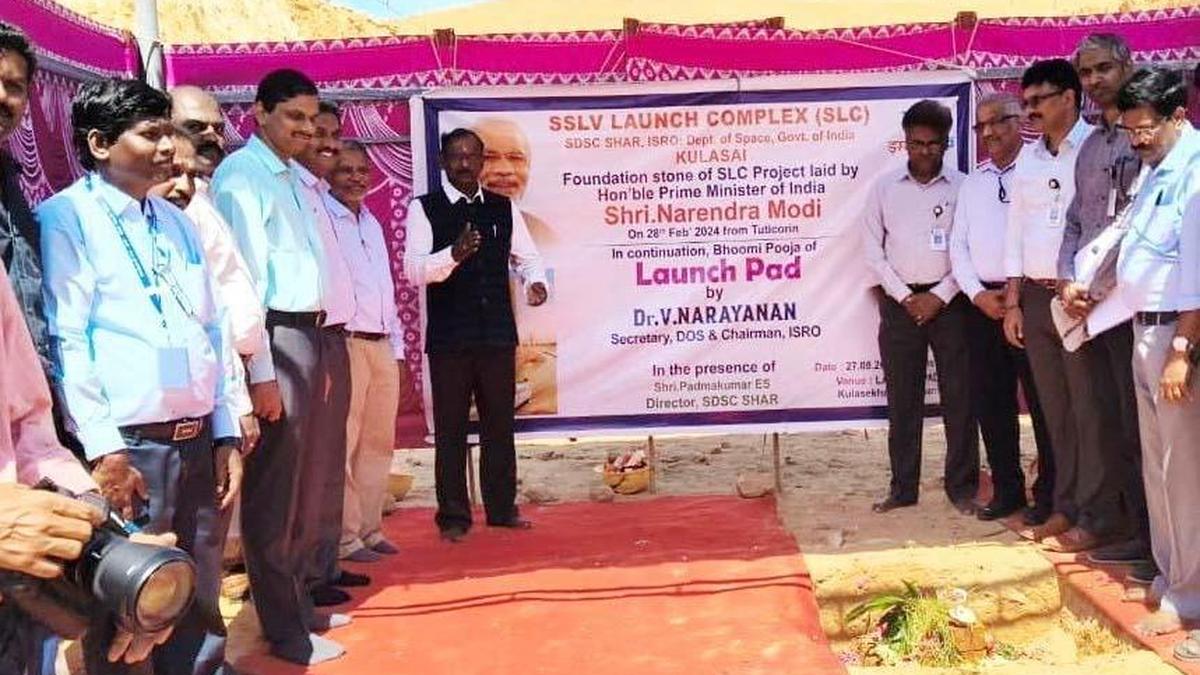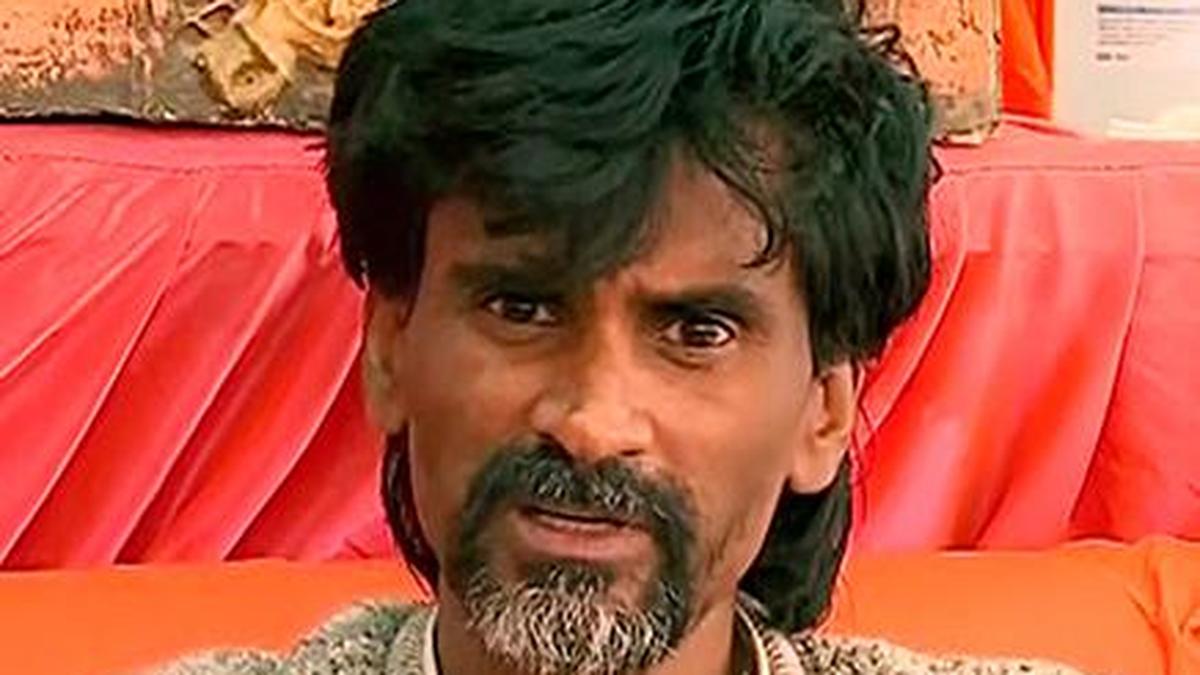ARTICLE AD BOX
The Union Law and Justice Ministry has turned down the Election Commission’s request for a presidential order so as to stagger the terms of the four Rajya Sabha seats from J&K, which currently have concurrent terms, and have been vacant for the past four-and-a-half years.
On August 22, the Law Ministry told the EC that there was no provision in the law for such an order, according to two sources aware of the development.
Under Article 83, the Rajya Sabha is a permanent House with one-third of its members, who have a tenure of six years, retiring every second year. The EC had earlier this year written to the Law Ministry seeking a presidential order that would set the terms of the J&K seats in such a way that one-third fell vacant every two years.
Due to imposition of President’s Rule multiple times over past 30 years, the terms of the J&K seats in RS have become concurrent. While a similar situation exists in Punjab and Delhi – due to a state of Emergency being declared in the past, and creation of a new Assembly under the Government of National Capital Territory of Delhi Act, 1991 – sources said that the EC had sought the presidential order only for J&K.
While Punjab sends seven members to RS, Delhi sends three.
The terms of the four RS members from J&K ended in February 2021, when the UT was under President’s Rule. While a new Assembly was elected in October last year, the EC is yet to fill the four RS seats. It means J&K will have no representation in the RS when elections are held for the post of Vice-President on September 9. J&K has five MPs in the Lok Sabha.
Earlier, there was no J&K presence in the RS during the Presidential election of 2022, when Droupadi Murmu won.
Story continues below this ad
As per Section 154 of the Representation of the People Act, 1951, there have been two presidential orders so far to curtail terms of RS MPs so that one-third of them retire every two years. The first was in 1952, when the first Rajya Sabha was elected, and the second in 1956, as per the Constitution (Seventh Amendment) Act, 1956.
Explained
A long vacancy
The 4 J&K seats have been vacant since February 2021, when the UT was under President’s Rule. The seats have not been filled though J&K now has an elected Assembly, and the Omar Abdullah government has expressed concern over this.
“Upon the first constitution of the Council of States, the President shall, after consultation with the Election Commission, make by order such (a) provision as he thinks fit for curtailing the term of office of some of the members then chosen, in order that, as nearly as may be, one-third of the members holding seats of each class shall retire in every second year thereafter,” the Section says.
It adds: “In order that, as nearly as may be, one-third of the members may retire on the second day of April 1958, and on the expiration of every second year thereafter, the President shall, as soon as may be after the commencement of the Constitution (Seventh Amendment) Act, 1956, after consultation with the Election Commission, make by order such provisions as he thinks fit in regard to the terms of office of the members elected…”
According to sources, the EC had requested for a similar order in case of J&K, but was informed that the Section in question only allowed it for the first RS constituted and then as per a Constitutional amendment. The EC was informed that an order for J&K would require an amendment to the law, and that it would have to apply to all states where terms of RS MPs have become concurrent over the years.



.png)
.png)
.png)
























 English (US) ·
English (US) ·